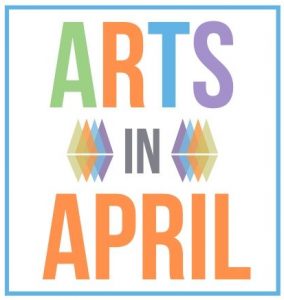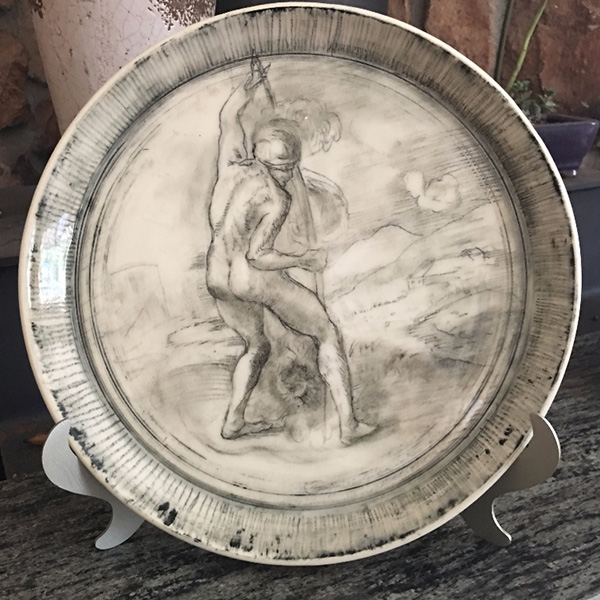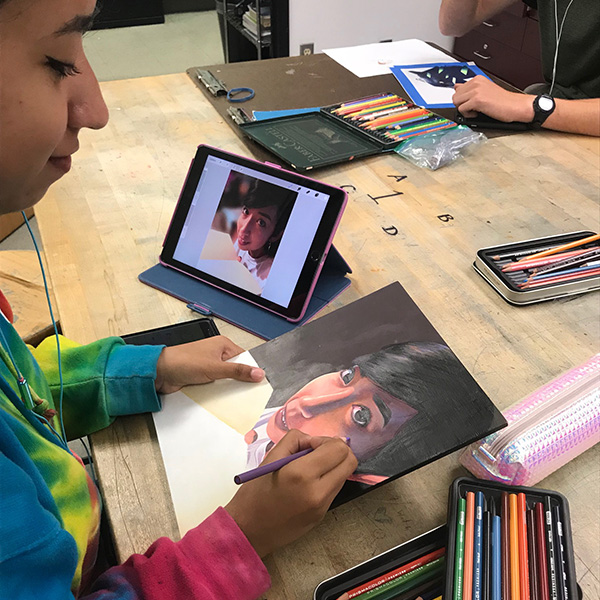-
SUMMER GRANTS OPEN
READ MORE > -
MARCH VAPA SOM
READ MORE > -
2024 POL Winner
READ MORE > -
WINTER 23 GRANTEES
READ MORE > -
22-23 STUDENTS OF THE YEAR
READ MORE >
- SUMMER GRANTS OPEN
- MARCH VAPA SOM
- 2024 POL WINNER
- WINTER 23 GRANTEES
- 22-23 STUDENTS OF THE YEAR



